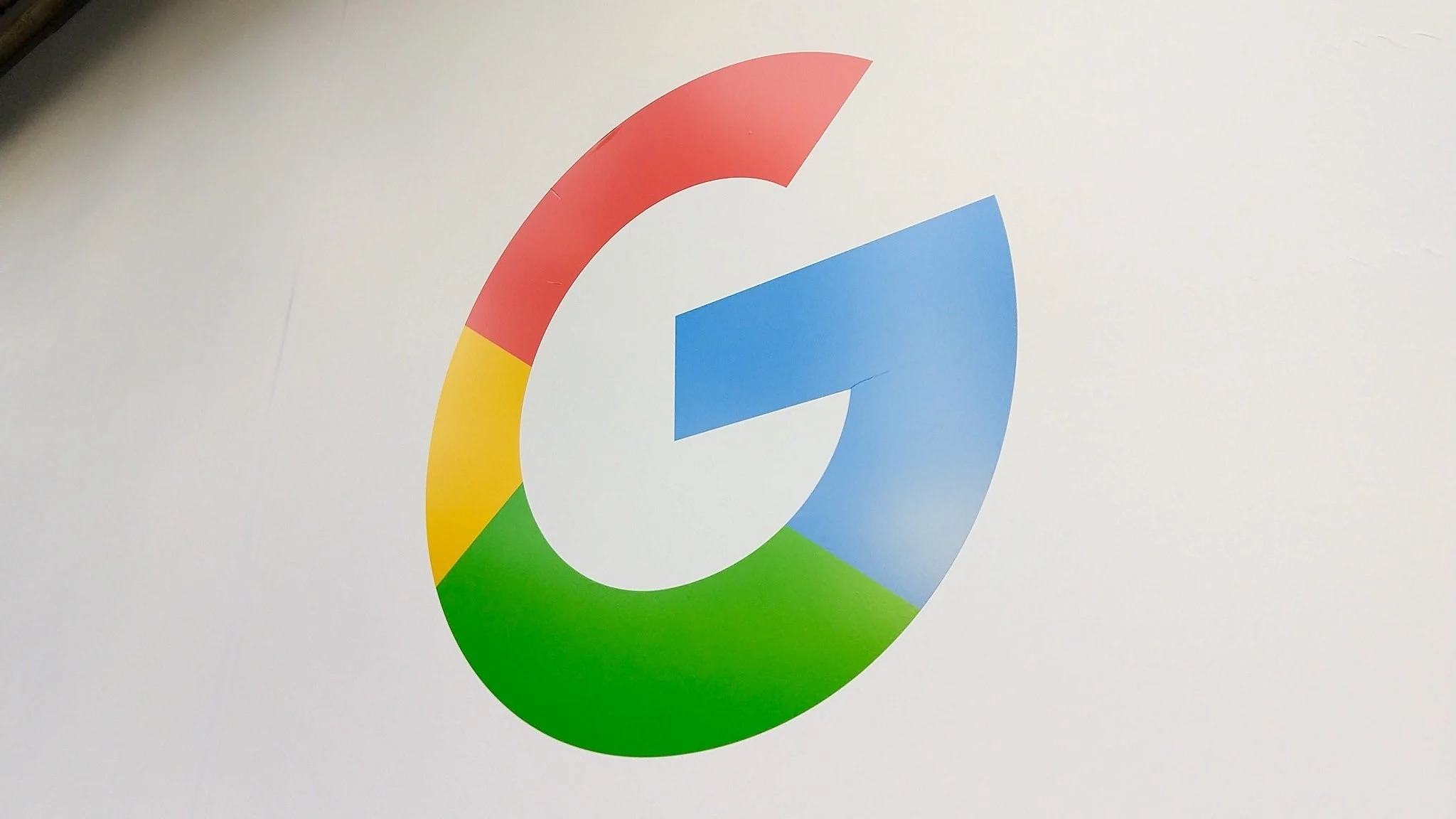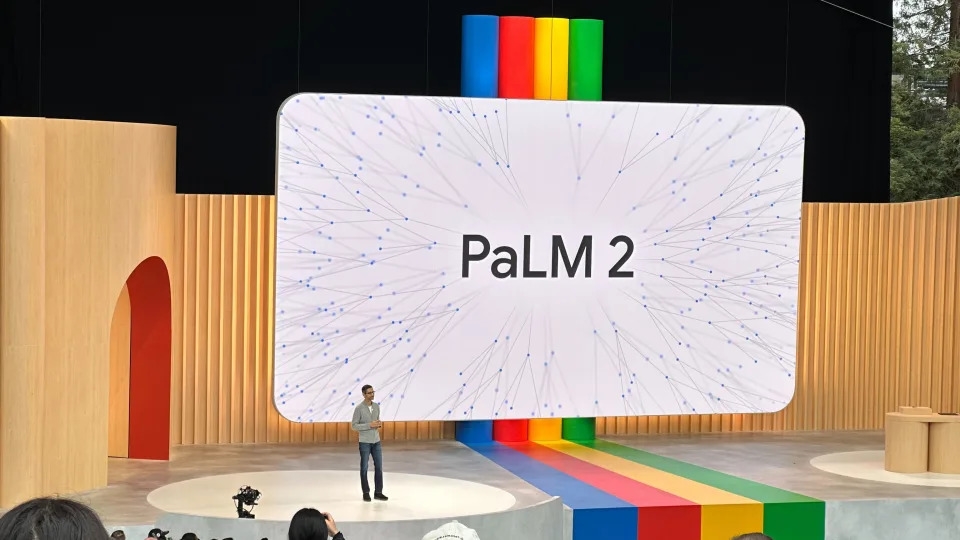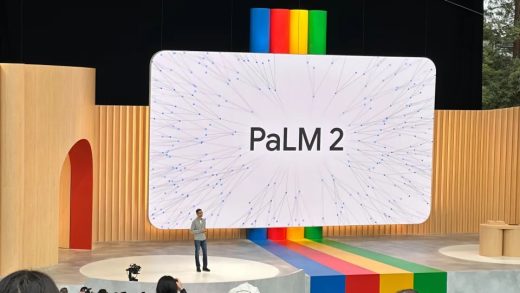Brin Back At Google Office, Working On Gemini
Google co-founder Sergey Brin returns to help craft its Gemini AI system
Google co-founder Sergey Brin returns to help craft its Gemini AI system

What you need to know
-
Google’s co-founder, Sergey Brin, has returned to the company to aid in developing a more humanlike AI system named Gemini.
-
Alphabet CEO Sundar Pichai has expressed his excitement and encouragement to Brin about his recent return.
-
Gemini is still in progress, however, Google plans for it to be a next-generation foundation model with various sizes like PaLM 2.
One of Google’s two co-founders has returned to the company to help push along the development of its artificial intelligence.
According to the Wall Street Journal, Sergey Brin attended a few meetings with Google concerning artificial intelligence, however, his activity at the company has recently increased. Brin has reportedly been working with Google’s researchers in charge of developing its upcoming AI model, Gemini, per sources close to the matter.
Brin relinquished all active roles with Google and its parent company Alphabet four years ago in 2019. However, Alphabet’s current CEO, Sundar Pichai, is “excited” and offering “encouragement” to Brin and his newfound involvement with the company and its AI research.
With Brin’s involvement, Google sees this as a way of improving its “long-running efforts” in creating an AI system that can act a little more human. For right now, Brin has been “playing catchup” as he looks to see what has been developed in the artificial intelligence space and its coding.

Google debuted the Gemini AI system during its I/O 2023 event back in May. This is supposed to be the company’s response to OpenAI’s GPT-4 model which is only available for ChatGPT Plus users paying a monthly subscription. As Google stated, Gemini is still a work in progress but is designed to be a next-generation foundation model.
Gemini is meant to be “multimodal, highly efficient at tool and API integrations, and built to enable future innovations.” This new AI system will mirror that of PaLM 2 as the company looks to make it available in various sizes and capabilities.
Google has raced directly into the race for AI ever since OpenAI’s ChatGPT landed on Microsoft’s Bing search engine. Since then, Google Bard is available as the company responds to its competitors. However, with such a quick onslaught of AI chatbots and generative AI features, governments and other members of the industry have started to wonder about its possible societal risks and ways of preventing them.
(23)


